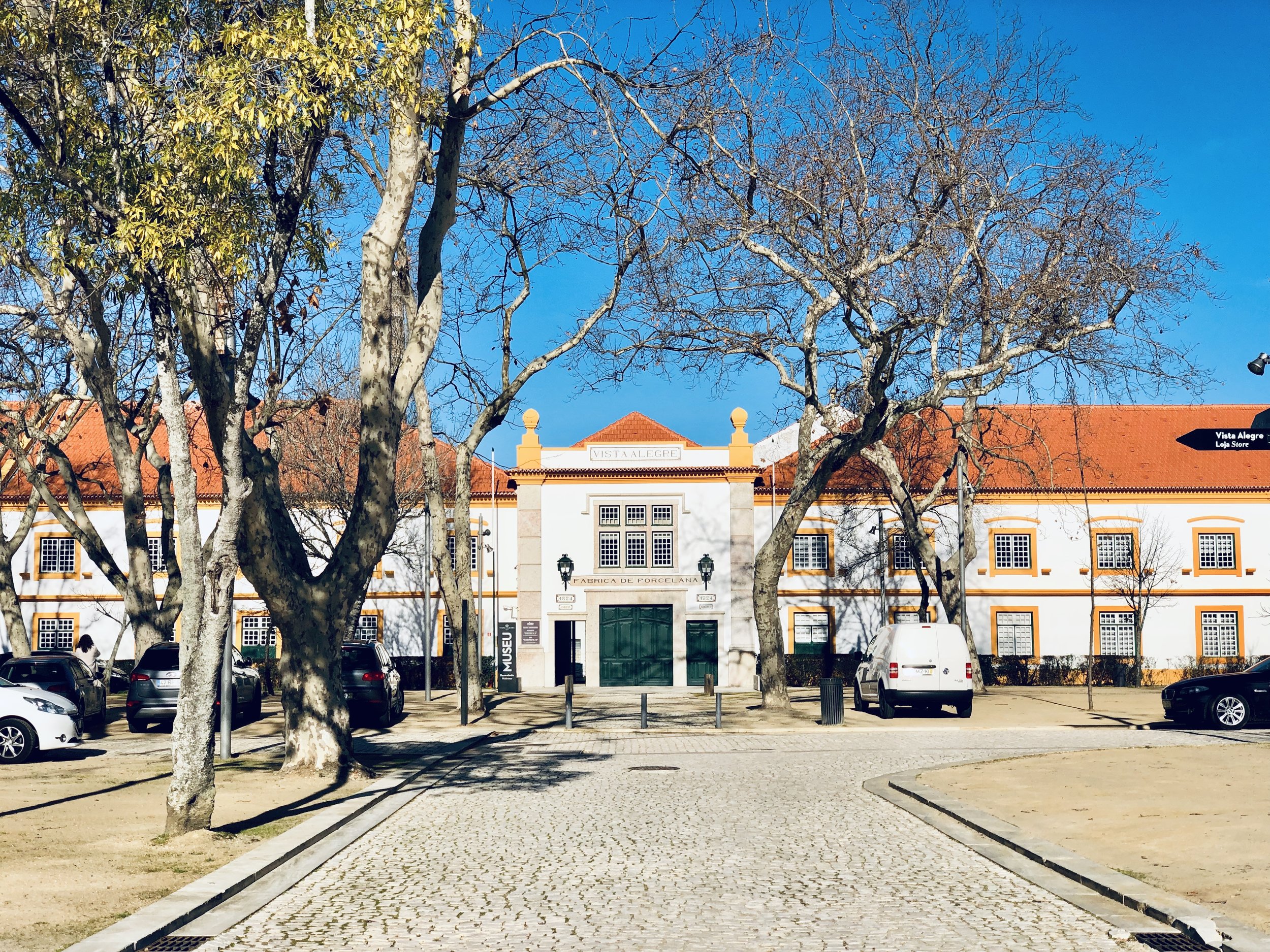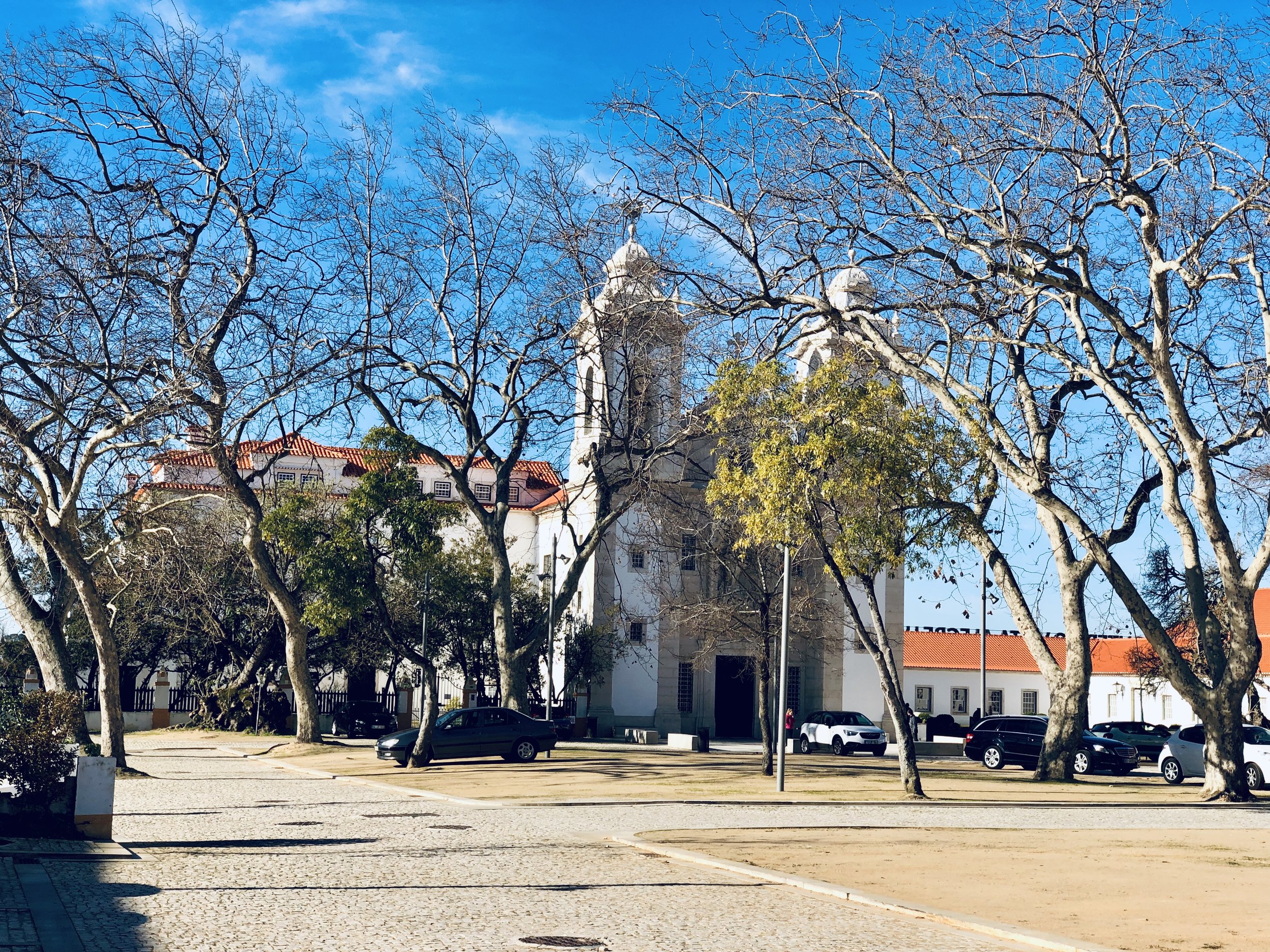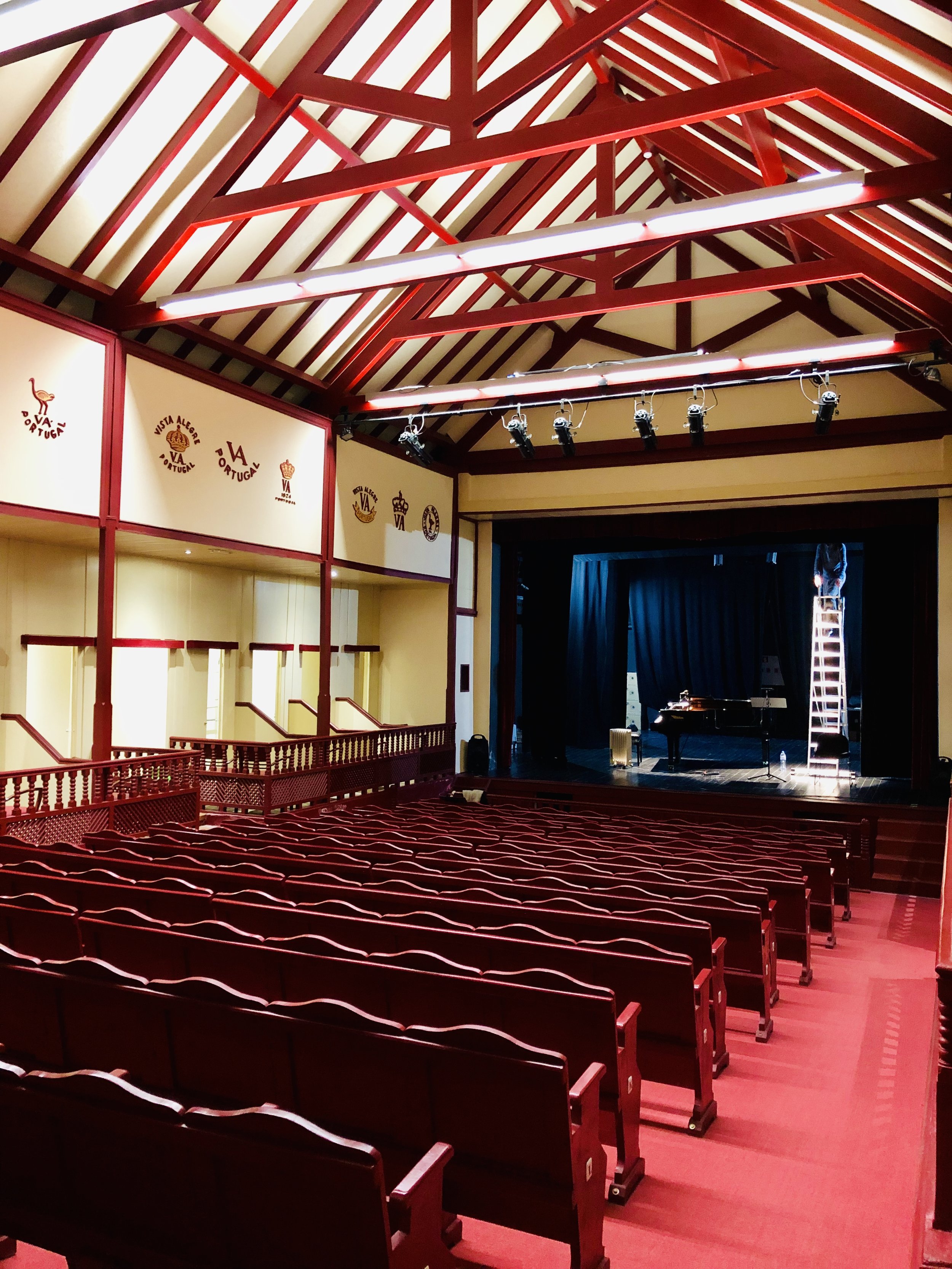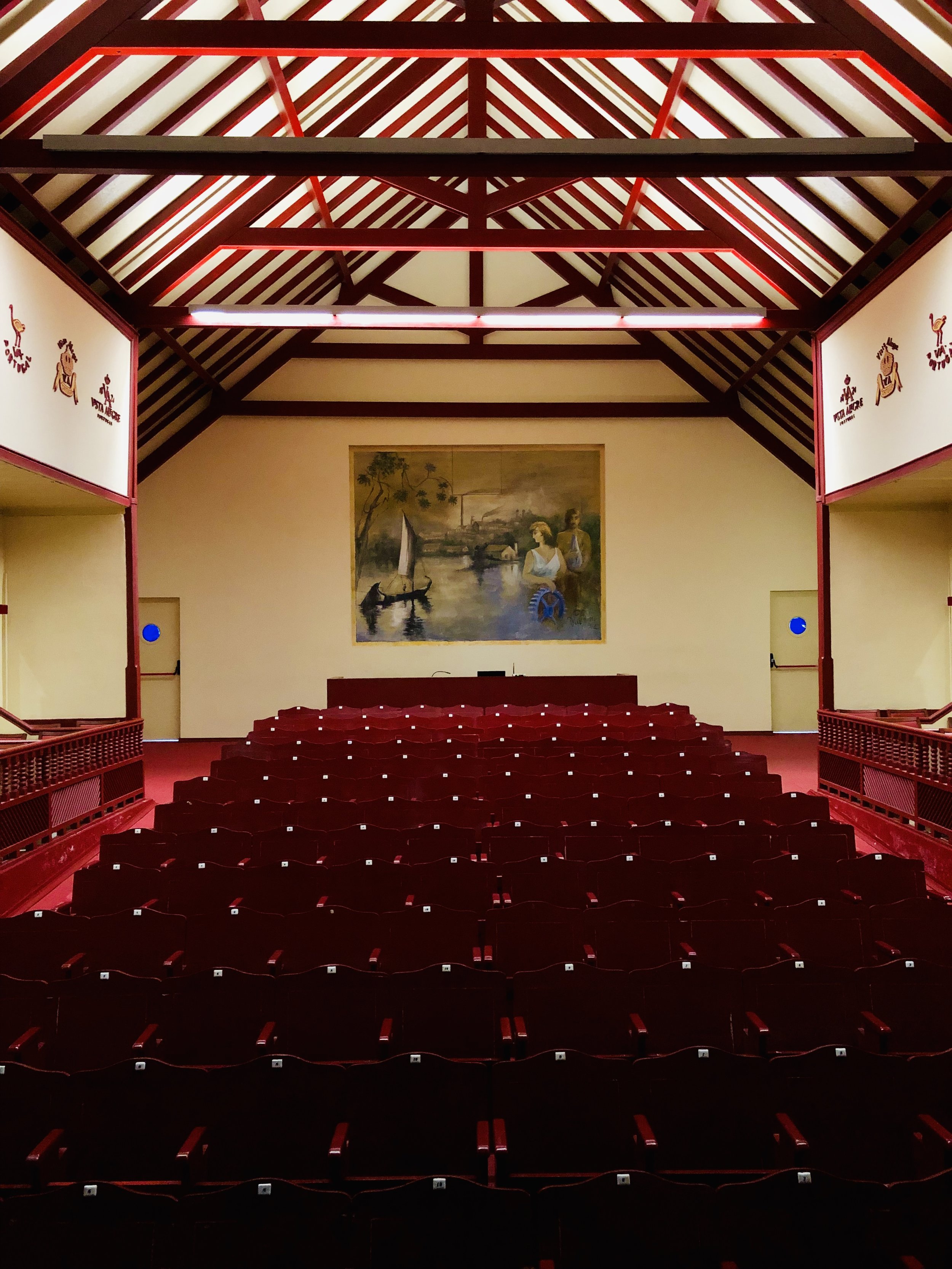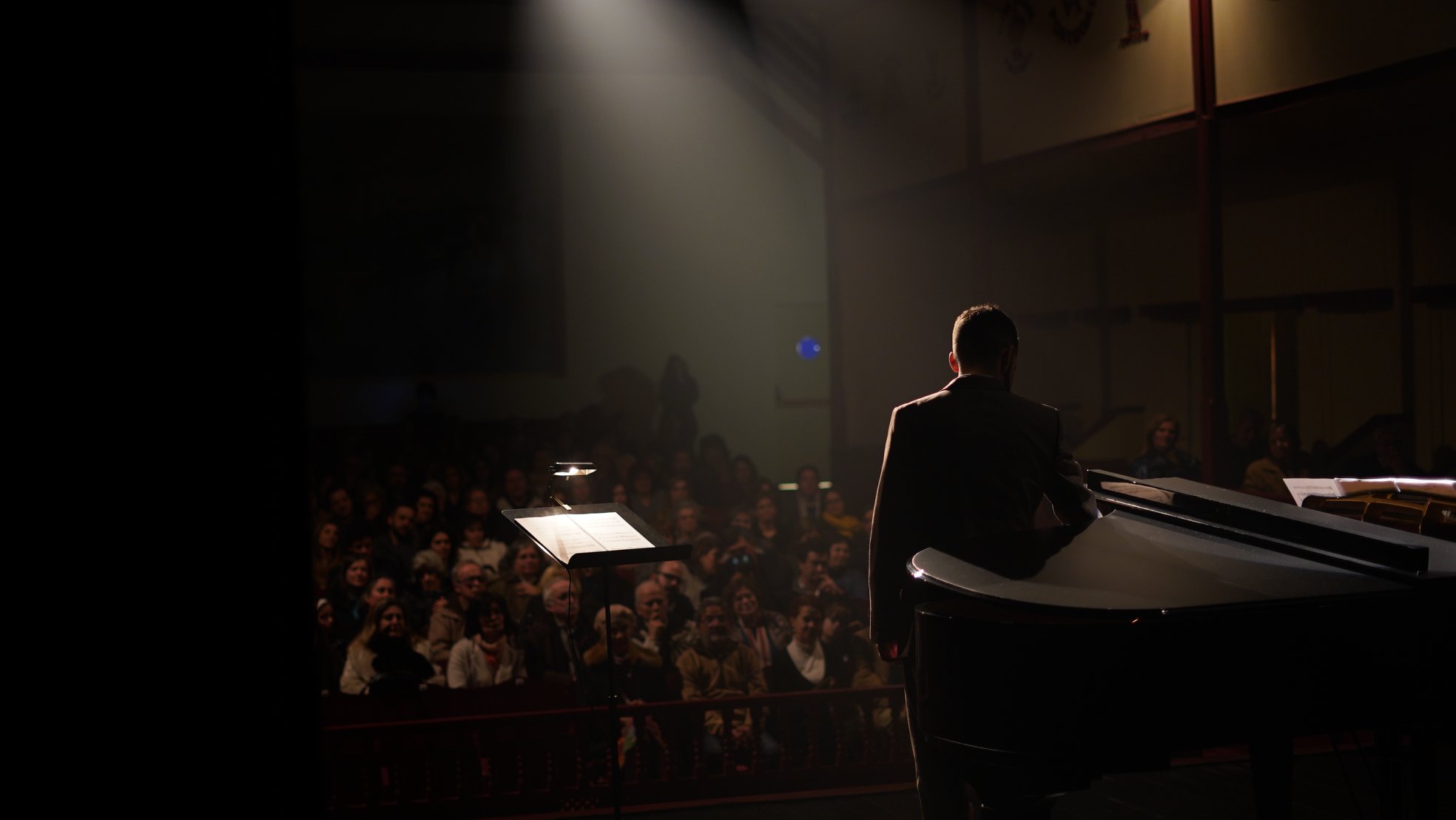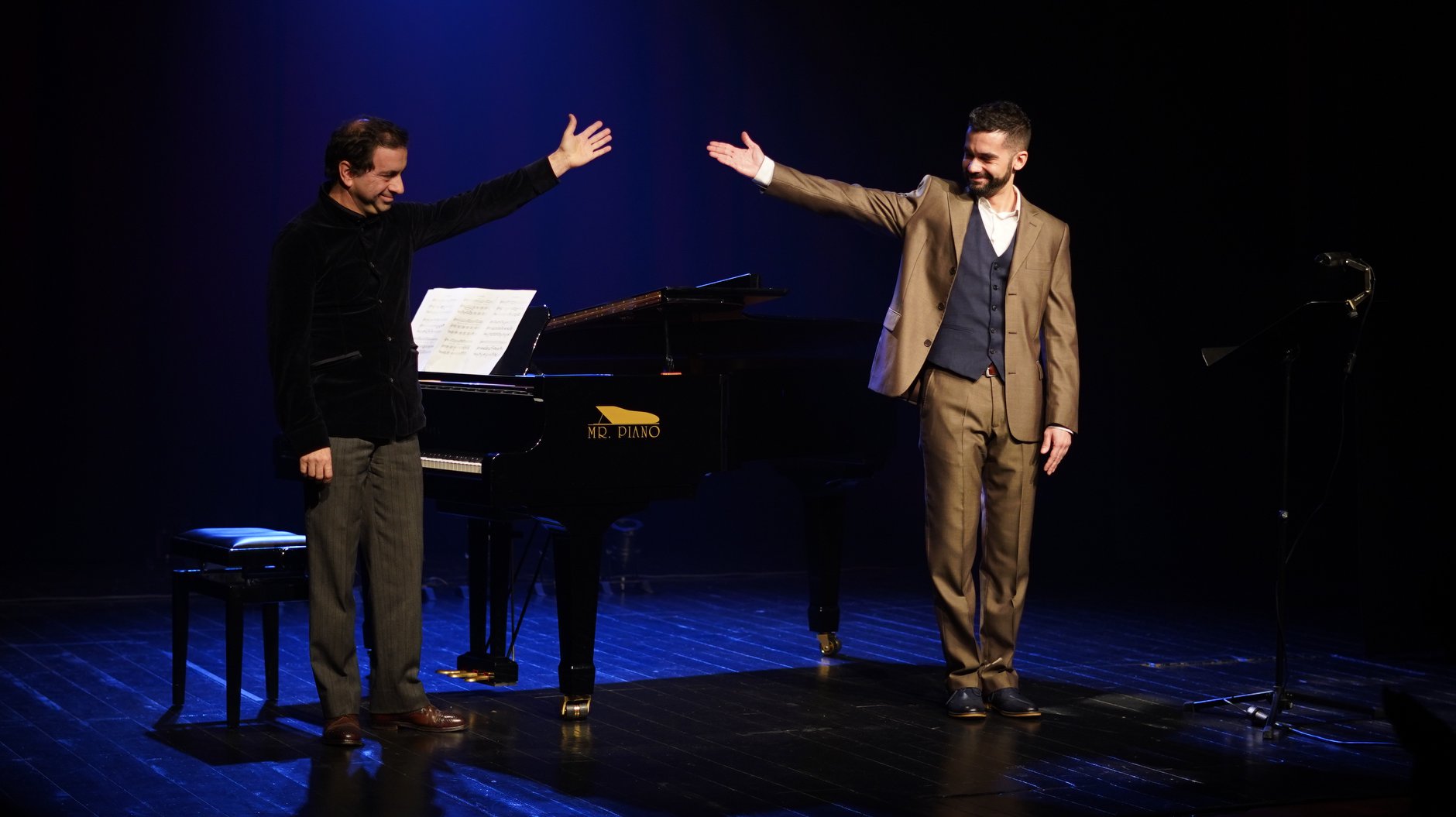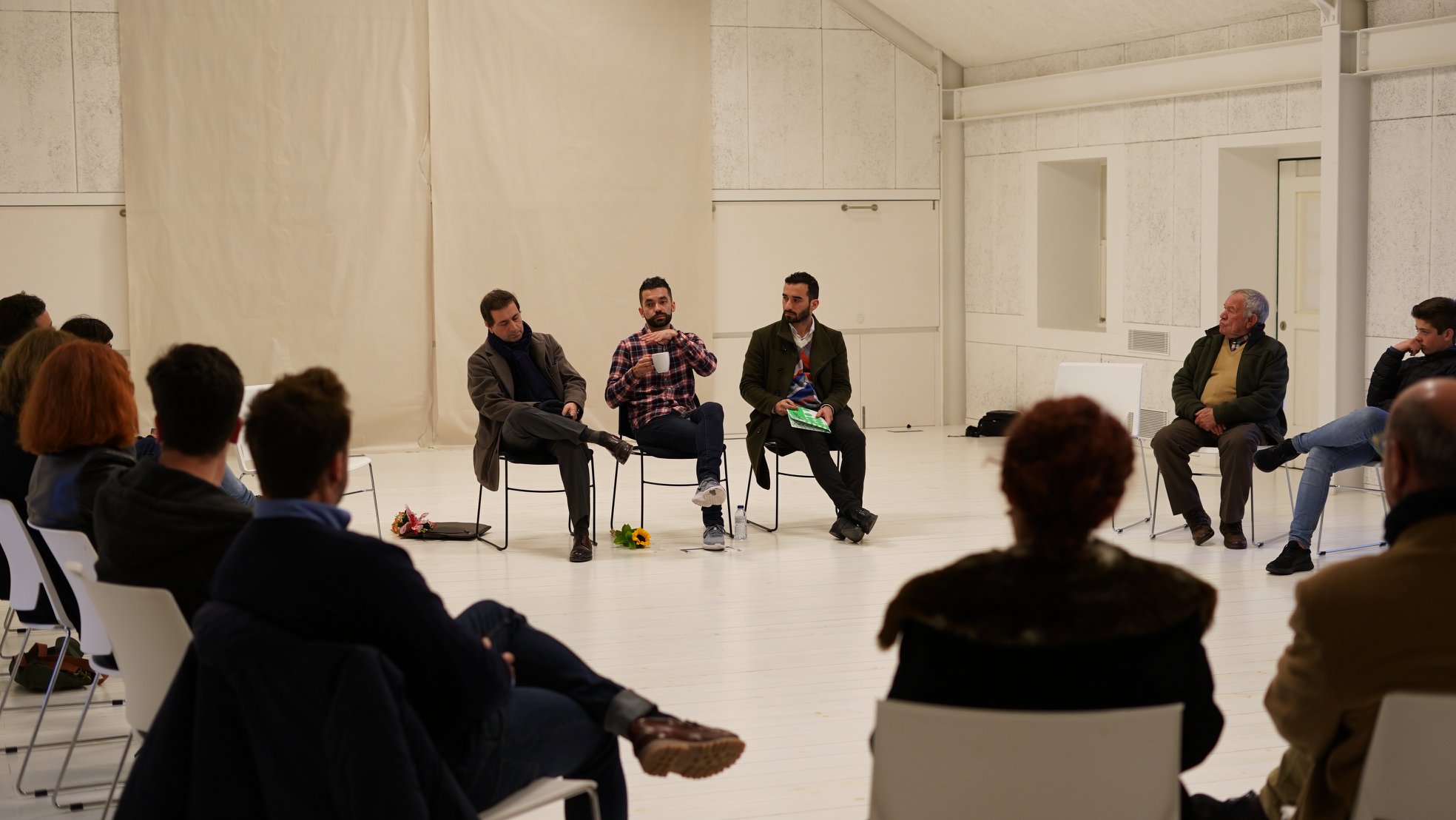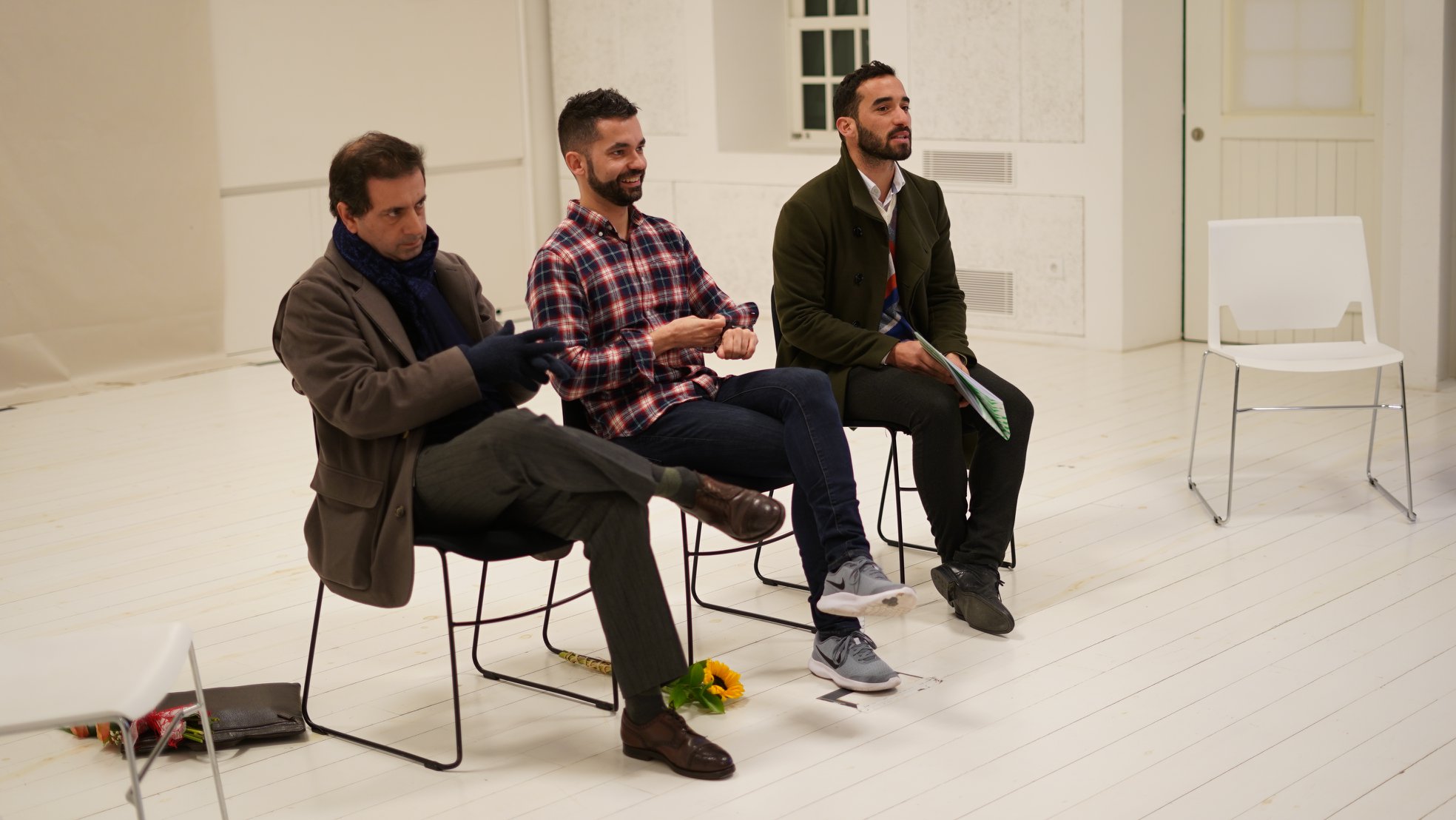Hello everyone and Happy New Year (it’s still January so it’s still alright to say that…). Two weeks ago I had the chance to return to my hometown and sing a recital at our gorgeous little local theatre. After such a long time living and performing abroad, this was actually my first time singing in my hometown so I thought that the occasion really deserved something special and I wanted to prepare a concert that said something to me, and hopefully, to the audience as well.
With that in mind, I set out to pick a programme always with the thought that it should be relevant to the current times and ‘say something’ but also to include music that meant something to me. I decided to pick one of my favourite composers and do a full programme with his songs.
That choice was Kurt Weill.
Born in the year 1900, Kurt Weill was a German Jewish composer whose artistic activity stretches from the 1920s in Berlin to his death in 1950 in the United States of America. He was one of the most important European composers of the early twentieth century, being especially recognized for the importance of his theatrical work, and his collaboration with Bertolt Brecht. It was with Brecht that he developed one of his best-known works, ‘The Threepenny Opera'.
Contemporary of Arnold Schoenberg, Alban Berg and Anton Webern (also known as The Second School of Vienna), Kurt Weill could not be more different from these composers. While the Vienna school trio tried to break with Romanticism and Ultra Romanticism of the late nineteenth century, exploring atonality and musical serialism, Kurt Weill was a composer whose ideal was to write music that served a purpose in the society of which he was a part .
He was an extremely famous composer in the 1920s, during the time of the Weimar Republic which coincides with the reconstruction of Germany and Europe after the First World War. Embedded in this artistic movement that exalted individual freedom and the unfiltered expression of feelings, Weill composed songs that - reflecting his intention of relevance to society - illustrate not a romantic ideal, but the real street life: beggars, prostitutes and bohemians. His musical style includes Romantic influences (the reason why he was accused by those of the Second Viennese School of being an 'easy musician') and also jazz ones. For these reasons, and also for being a Jew, when the Nazi Party began its rise to power in the 1930s, Weill was considered a 'Degenerate Artist' (Entartete Kunst) for not creating Art that corresponded to Aryan ideals. As such, he was forced to leave the country in 1933, beginning by establishing himself first in Paris and later in the United States, where he became one of the most important composers of Broadway.
The recital accompanied the Composer's journey through Berlin, Paris and New York, presenting songs that illustrated the social awareness that permeates the work of the composer ... songs that spoke openly about the life of the street, songs that spoke of war and death, and - ending with the theme 'Youkali' - songs that left us with hope for a better world where dreams are real and where we leave the worries at the door.
Having Nuno Vieira de Almeida playing with me was one of the highlights. Nuno is one of the best collaborative pianists in Portugal and has a lot of experience with this repertoire. His input really helped me shape and take these songs to that next level of communication and in the end, we presented a concert that a packed theatre loved and that also left us filled with joy in music making.
After the concert, we had the chance to sit down with the artistic director of the ‘23 Miles’ programme (the initiative responsible for Arts and Culture in my hometown) and chat with the audience about everything, really, from the preparation of the concert, to the importance of Music Education in schools and also how to make Opera more accessible to school children. It was really great to have my first music teachers there and, so many years later, engaging with them in a subject that’s so important to all of us.
I’m now back in London getting ready for my first Valentin in Gounod’s Faust but I’ll tell you all about that in a later post. I’m really looking forward to returning to Valladolid where I had such a wonderful time with Manon last year and it’s great to be asked back for such an amazing opera like Faust.
A dopo!
Ricardo

